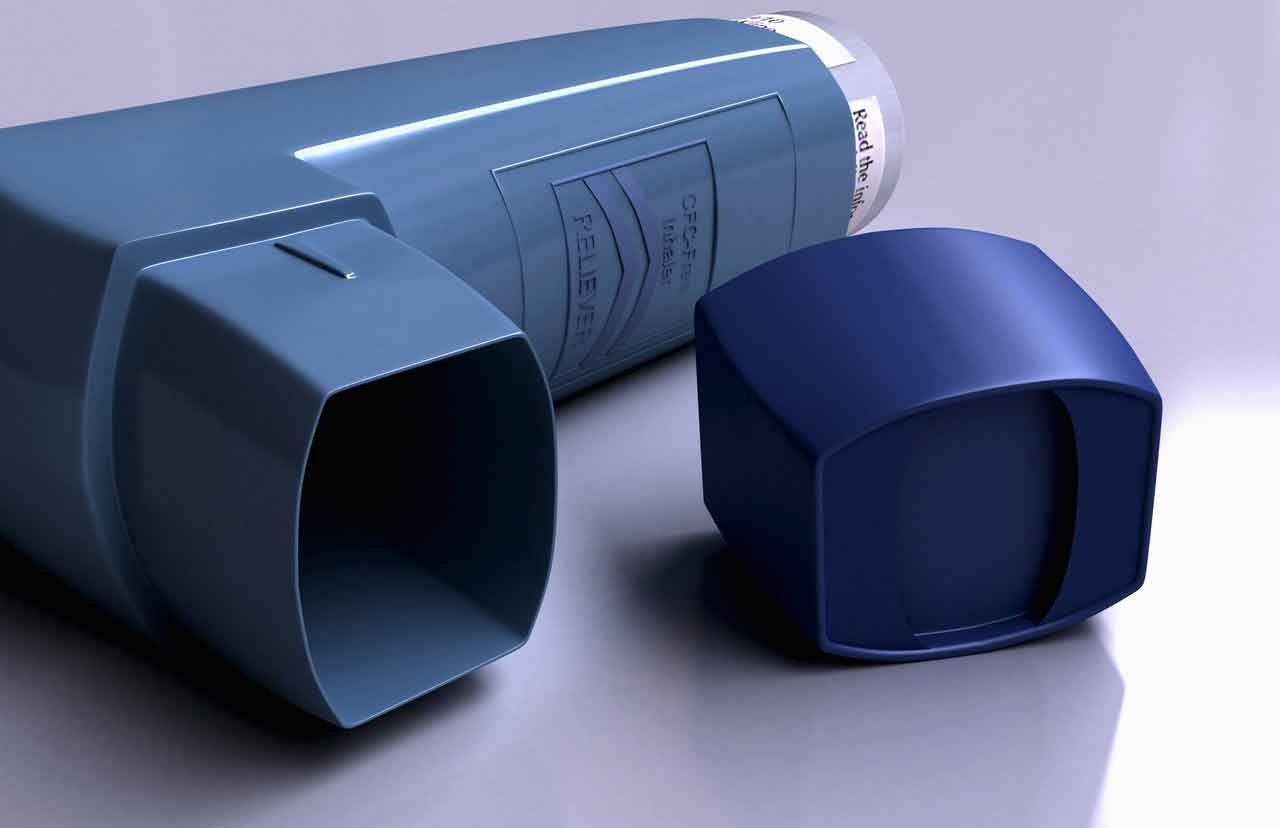COPD and Heart Disease

Chronic obstructive pulmonary disease burdens your heart, increasing your risk of a heart attack. Here's what you should know about COPD and heart disease.
If you have chronic obstructive pulmonary disease (COPD), you pay a lot of attention to your lungs and how you breathe day to day.
YOU MIGHT ALSO LIKE: What is Chronic Obstructive Pulmonary Disease?
COPD and heart disease
You should be just as vigilant about your heart. Even mild cases of COPD can weaken heart function. COPD increases your risk of heart attack, heart failure, chest pain, irregular heartbeat, and blood clots. It is also associated with repeat infections, diabetes, osteoporosis, depression, and anxiety.
The connection between the heart and lungs is logical because they work together to oxygenate your body’s tissues and remove carbon dioxide.
When you breathe, oxygen enters your blood via your lungs.
Oxygenated blood enters the left side of your heart through veins that connect them with your lungs. As your blood is pumped throughout your body, the tissues deoxygenate the blood. Your blood then returns to your lungs and you exhale the carbon dioxide.
When you have COPD, the oxygen level in your lungs is lower, which in turn causes your pulmonary arteries to constrict. The normally low pressure in your arteries rises, increasing your risk of secondary pulmonary hypertension.
Over time, repeated cycles of this condition thicken and enlarge the part of your heart that pushes blood back to your lungs, weakening your heart’s ability to pump blood. At a certain point, that damage can cause heart failure.
COPD and heart failure
If you have COPD, you are especially susceptible to heart failure after COPD symptoms flare up. Triggers might include a viral or bacterial infection or air pollution.
COPD raises your risk of heart disease by about 25 percent, on average. It may more than double your risk of hospitalization for cardiovascular problems, including stroke.
If you have COPD, get screened for heart disease and make sure both are treated.
Make sure your pulmonologist and cardiologist talk about your condition. That may help make sure you get the benefits of the latest research. For example, although it was once controversial to prescribe beta blockers to COPD patients, the evidence is now shifting in their favor.
What you can do
Stop smoking. It’s essential to slow the damage to your heart and lungs.
Exercise. Talk to your doctor about how much exercise your lungs and heart can handle and learn how to build up stamina, if possible. You may need a referral to a respiratory therapist.
Always try to breathe slowly. The pursed-lip breathing technique, for example, can get needed oxygen into your system more quickly without making you winded.
Exercise outdoors when the weather isn’t too cold, too hot, or too humid. Any of those conditions can cause you to become tired more quickly.
Always pay close attention to how you feel. Pain is your body telling you that whatever you’re doing is too much. Don’t ignore it.
Follow diet recommendations from the American Heart Association, which calls for eating a wide variety of fruits and vegetables, whole grains, nuts, legumes, fish and seafood, and low-fat dairy. Stay away from alcohol, salt, processed foods. Eat lean meats.
Eating several small, healthy meals a day can help you avoid a full belly, which can interfere with breathing.
Stay up to date on vaccines for COVID-19, the flu, and pneumonia. Infections are more dangerous for you.
Lose extra pounds. That will help you exercise and possibly breathe more easily.
YOU MIGHT ALSO LIKE: Our Asthma, Allergy and COPD Care section
Updated:
April 13, 2023
Reviewed By:
Christopher Nystuen, MD, MBA and Janet O'Dell, RN